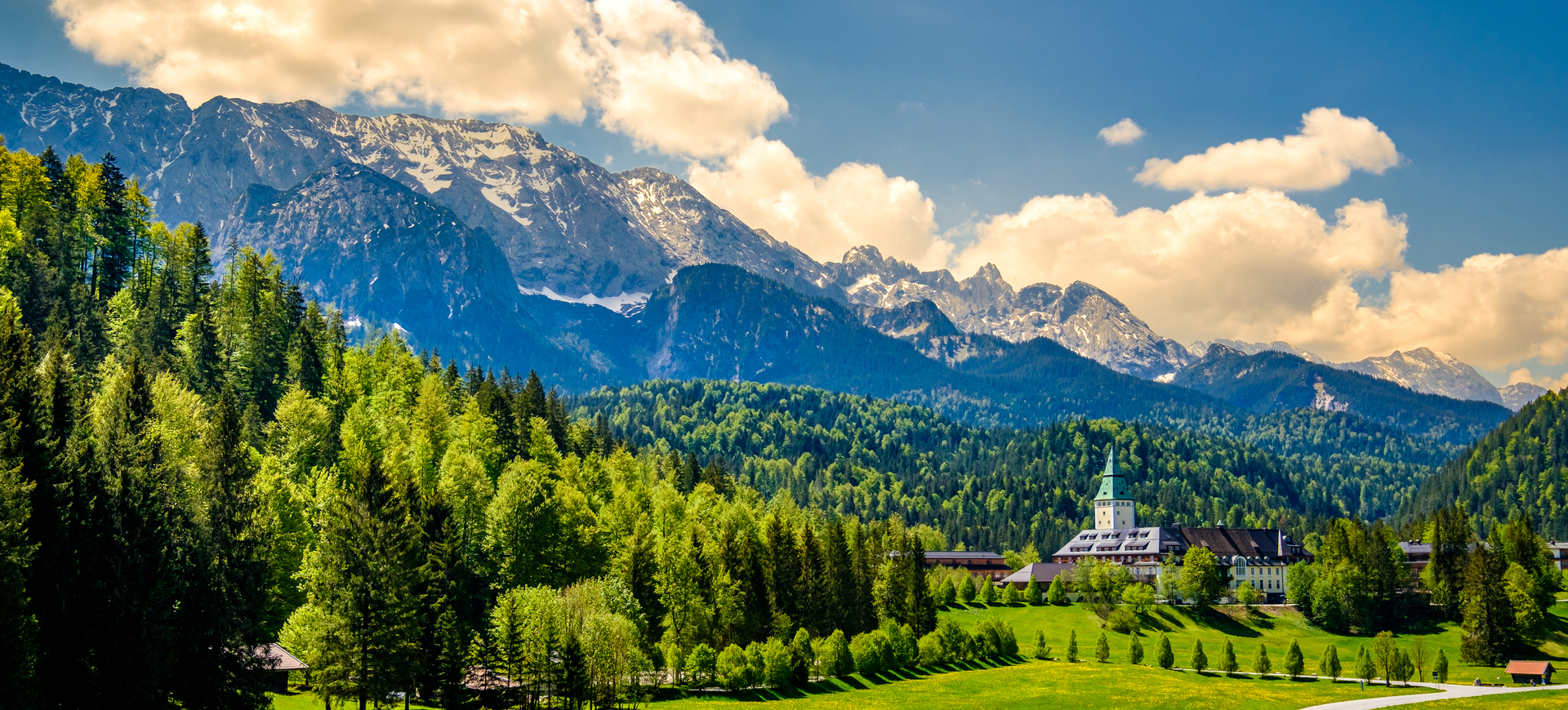Prospects for strong performance at the G7 Elmau Summit
The 48th annual G7 summit, on 26–28 June 2022 in Elmau, Germany, is truly historic. It will confront three, unprecedentedly severe, simultaneous crises: Russia’s invasion of Ukraine in February 2022, climate change reaching critical thresholds, and COVID-19 soaring in China and beyond. It will also face the other urgent challenges of biodiversity loss, rising energy and food prices, inflation, economic and trade slowdowns, proliferating poverty, famine, migration, gender inequality, and regional instability and threats to democracy around the world.
Elmau will build on the successful G7 Cornwall Summit and G20 Rome Summit in 2021, as well as advances made at the United Nations’ biodiversity conference in October and Glasgow climate summit in November. It will set the stage for the NATO summit in Madrid immediately afterward, and the G20’s summit in Bali in November.
The Elmau Summit is chaired by Germany’s new chancellor, Olaf Scholz, leading a three-party coalition of his Social Democrats, the Greens and Free Democrats. He is joined by Canada’s Justin Trudeau and France’s recently re-elected Emmanuel Macron at their seventh annual G7 summit, Britain’s Boris Johnson at his fourth, Ursula von der Leyen and Charles Michel of the European Union at their third, Joe Biden of the United States and Mario Draghi of Italy at their second, and Japan’s Fumio Kishida at his first. They will welcome as guests Indonesia’s Joko Widowi as G20 chair, India’s Narendra Modi, South Africa’s Cyril Ramaphosa, Senegal’s Macky Sall and Argentina’s Alberto Fernández.
Ambitious advances
Together they will produce a strong performance, led by ambitious advances on the conflict in Ukraine, climate change and COVID-19.
On the war in Ukraine, G7 leaders will promise to give Ukraine more weapons to stop and reverse Russia’s invasion, protect Ukrainians against any Russian use of weapons of mass destruction, and end G7 members’ imports of the Russian coal, oil and natural gas that finance Russia’s war. They will provide Ukraine with economic and financial support and humanitarian and refugee relief, and will help rebuild Ukraine in clean, green, digital ways.
On the existential global threat of climate change, G7 leaders will launch new climate clubs of different countries willing to act on critical tasks. On climate finance, they will reinforce efforts to deliver the long promised annual $100 billion to developing countries, raise new resources through public and private sources, strengthen carbon pricing, consider cross-border carbon tax adjustments to level the playing field, and set standards for assessing and disclosing climate risk and issuing genuinely green, sustainable bonds.
On energy, G7 leaders will act to finally phase out fossil fuel subsidies and killer coal use, production and financing at home and elsewhere. They will approve stronger standards for energy efficiency in buildings, transportation and industry, and spark the transition to electric vehicles. They will expand solar and wind power, and add the reliable renewables of tidal, wave and geothermal power. They will reinforce energy security and affordability by expanding electricity grids and connectivity, sources and types of supply, and reducing excessive demand. G7 leaders will promote nature-based solutions for carbon sinks and sources, by globally growing over one trillion trees, preserving peatlands and protecting at least 30% of land and sea in their natural state by 2030.
On COVID-19, leaders will expand the manufacture, equitable distribution, accessibility and use of safe, effective vaccines and therapeutics. They will address the growing burden of ‘long COVID’, mental illness, cancer, heart and stroke, diabetes, respiratory disease, HIV/AIDS, tuberculosis and malaria, antimicrobial resistance, zoonotic diseases and more. They will try to better predict, prevent and cure diseases, through universal health coverage, primary health care, a cleaner climate, digital health and a more powerful, better resourced World Health Organization.
A broad view
More broadly, they will offer clear, cooperative monetary policy to control inflation, targeted fiscal policy to spur economic growth, selective trade liberalisation, debt relief for very poor countries, and sanctions against nuclear proliferation in North Korea, China’s expansion and authoritarianism everywhere.
G7 leaders will be spurred to this strong performance by several forces: the unprecedentedly severe, simultaneous, self-reinforcing shocks from Russia’s invasion of Ukraine, climate change and COVID-19 and the failure of the established multilateral organisations’ response; the global predominance and internal equality of G7 members in the critical capabilities required to fill the gap, their renewed common principles of open democracy and human rights, the substantial domestic political cohesion backing them, and their own trust in their personal G7 club at the hub of an expanding network of global summit governance.












